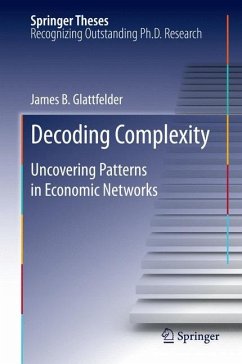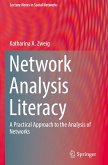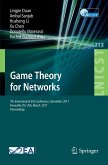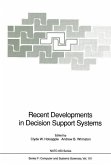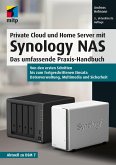Today it appears that we understand more about the universe than about our interconnected socio-economic world. In order to uncover organizational structures and novel features in these systems, we present the first comprehensive complex systems analysis of real-world ownership networks. This effort lies at the interface between the realms of economics and the emerging field loosely referred to as complexity science. The structure of global economic power is reflected in the network of ownership ties of companies and the analysis of such ownership networks has possible implications for market competition and financial stability. Thus this work presents powerful new tools for the study of economic and corporate networks that are only just beginning to attract the attention of scholars.
From the reviews:
"Grattfelder's book develops a set of analytical and numerical tools which investigate the economic system as a large scale network. ... The reader searching for a methodological reference and new ideas on how to study economic networks will find in this book an invaluable source of information. ... of paramount interest for anyone concerned with social applications of complex networks and, in particular, for social simulators who want to base their models on new network measures and new stylized facts to better understand socioeconomic phenomena." (Simone Righi, Journal of Artificial Societies and Social Simulation, 2012)
"Grattfelder's book develops a set of analytical and numerical tools which investigate the economic system as a large scale network. ... The reader searching for a methodological reference and new ideas on how to study economic networks will find in this book an invaluable source of information. ... of paramount interest for anyone concerned with social applications of complex networks and, in particular, for social simulators who want to base their models on new network measures and new stylized facts to better understand socioeconomic phenomena." (Simone Righi, Journal of Artificial Societies and Social Simulation, 2012)

